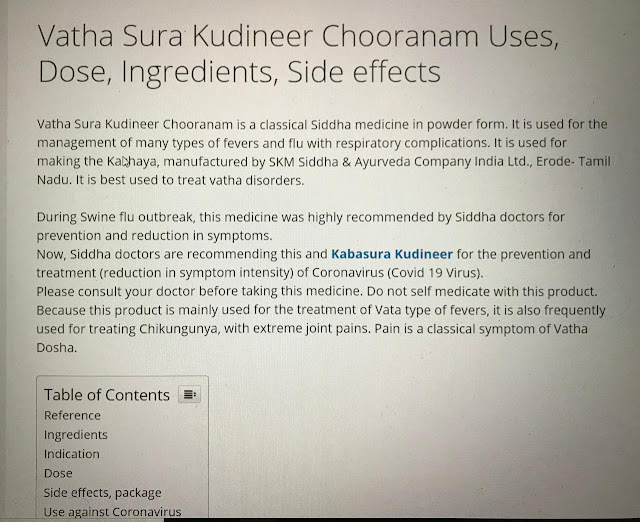Benefits of Rosemary herb
After lavender, rosemary is probably one of the most often utilized and loved plant in aromatherapy. Its uses have extended in time from uses with culinary purposes to medicine and later to perfume industry, because of its aromatizing properties.
Description of Rosemary herb
Rosmarinus officinalis is known from ancient times as having many uses as a medicinal, ritual and seasoning herb. In those times it used to be consumed for relieving abdominal pain, gout, icterus, insomnia, cephalagia, for the calming of nerves etc. In Ancient Greece, people burned rosemary branches on the altars of the gods, considering it a sacred herb. However, the Greeks were not the only ones; the plant was also sacred for the Romans (those who gave it its name) and Egyptians (the evidence to that was finding traces of rosemary in the pharaohs' tombs.) The custom of burning rosemary branches has become a practice in hospitals in France - where it has been maintained until the 20th century - and used for cleaning the air. Also because of its antiseptic effect, the plant was appreciated and used for conserving meat, even in extremely hot weather - it was known that rosemary prevents and delays the alteration of meat foods.Being a perennial, woody plant, it belongs to the Laminaceae family. This Mediterranean shrub with a pleasant flavor, ramified and displaying small, needle shaped evergreen leafs, with flowers of various colors (from white, pink, red, to purple and blue), has a medium height of 20-50 cm and can reach 150 cm in conditions of optimal heat and humidity.
Properties and benefits of Rosemary
Among the main properties of rosemary we can enumerate: analgesic, antiseptic, antidepressant, anti-inflammatory, expectorant, antiviral, aphrodisiac, disinfectant. Its active elements have choleric, antiseptic, diuretic and tonic aspects at a nervous level, stimulating bile secretion and eliminating it in the intestines, destroying microorganisms, increasing the quantity of eliminated urine, improving the blood flow and refreshing and energizing the mind. Apart from this, scientific researches indicate that rosemary is an ideal memory stimulant for both adults and students. Rosemary contains a series of secondary elements such as carnosol and carnosic acid, with a reflecting action in case of free radicals. Rosemary also has calming effects by working against fatigue, sadness, anxiety, calming muscle soreness, digestive pains and also, indigestion caused by stress.Treatments and mixtures
Rosemary can be consumed under the forms of tea, tincture, capsules or ethereal oils. Rosemary consumption improves digestion, fights against obesity, liver diseases, gastritis, cholesterolemia, bronchic asthma, edemas, and adjusts fast heart beats caused especially by irritability, coffee or tobacco excess. Because of its antiseptic and tonic properties, rosemary is extremely beneficial in cases of fainting, influenza, hangovers, asthma, bronchitis, cramps, constipation, cystitis, headaches, polypus, colds, cough, sinusitis or muscular pains. The plant also has a good influence on the blood circulation and blood pressure.As a natural fortifier, rosemary is extremely efficient during convalescence because it increases energy and optimism, also being recommended in cases of asthenia. For long term periods it fortifies and revitalizes the body.



Comments
Post a Comment